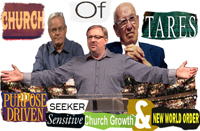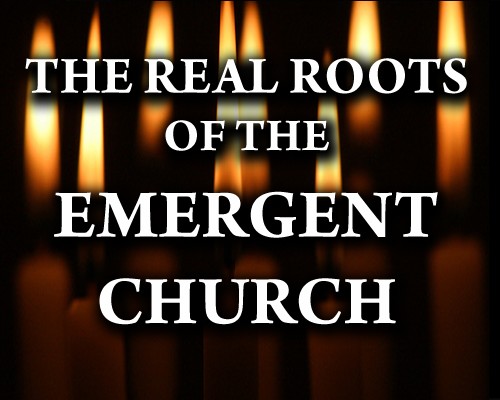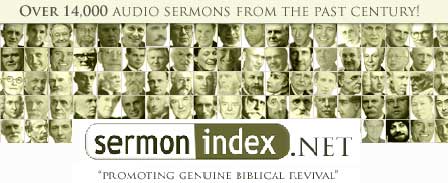Romans 10:13 says, “For whosoever shall call upon the name of the Lord shall be saved.” Today this passage is used to justify and teach a watered down gospel of easy believism. Just confess with your mouth that Jesus is Lord and believe in your heart and you will be saved, regardless of how you live your life. This is the false idea being taught today. After all, Romans 10:9 says, “That if thou shalt confess with thy mouth the Lord Jesus, and shalt believe in thine heart that God hath raised him from the dead, thou shalt be saved.” But the primitive Christians understood this very differently than modern Christians. Jesus said, “But why do you call Me ‘Lord, Lord,’ and not do the things which I say?” In other words, if Jesus is truly Lord, then we will live like it. Not only will we confess He is Lord, but we will also live like He is Lord by obeying Him and keeping His commandments, even unto death.
Below is an excerpt from The Encyclical Epistle of the Church at Smyrna Concerning the Martyrdom of the Holy Polycarp, chapter VII-XVI, ANF, volume 1, pp.40-42. In it, Polycarp is persuaded to say, “Lord Caesar” or “Caesar is Lord” or die. This account gives new meaning to confessing that Jesus is Lord. The expression, “Away with the Atheists,” which Polycarp was commanded to repeat is intended to be a reference to the Christians who were regarded by Romans as atheists because they refused to pay homage to Caesar and worship the false gods of the heathen. When Polycarp repeated the phrase, “Away with the Atheists” he was referring the words to the heathen and not to the Christians as desired.
His pursuers then, along with horsemen, and taking the youth with them, went forth at supper-time on the day of the preparation with their usual weapons, as if going out against a robber. And being come about evening [to the place where he was], they found him lying down in the upper room of a certain little house, from which he might have escaped into another place; but he refused, saying, “The will of God be done.” So when he heard that they were come, he went down and spake with them. And as those that were present marvelled at his age and constancy, some of them said. “Was so much effort made to capture such a venerable man?” Immediately then, in that very hour, he ordered that something to eat and drink should be set before them, as much indeed as they cared for, while he besought them to allow him an hour to pray without disturbance. And on their giving him leave, he stood and prayed, being full of the grace of God, so that he could not cease for two full hours, to the astonishment of them that heard him, insomuch that many began to repent that they had come forth against so godly and venerable an old man.








 Conceived in Rape & Other Exceptions
Conceived in Rape & Other Exceptions  Zeitgeist Refuted Final Cut
Zeitgeist Refuted Final Cut  Real Roots of the Emergent Church
Real Roots of the Emergent Church  Church of Tares
Church of Tares